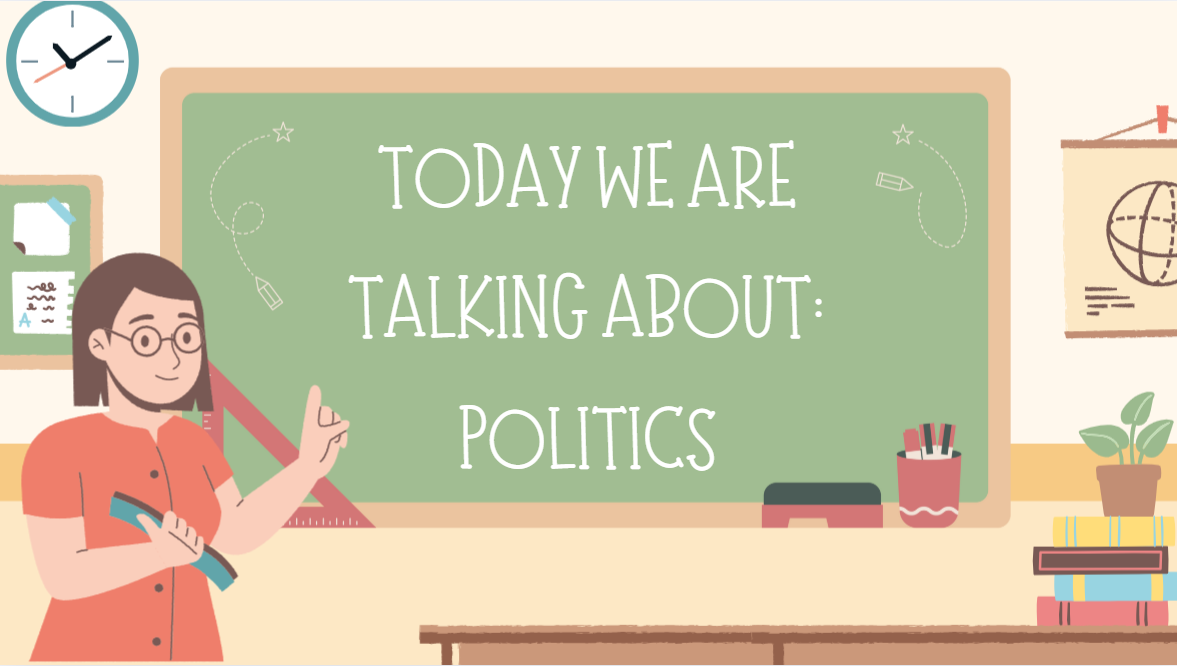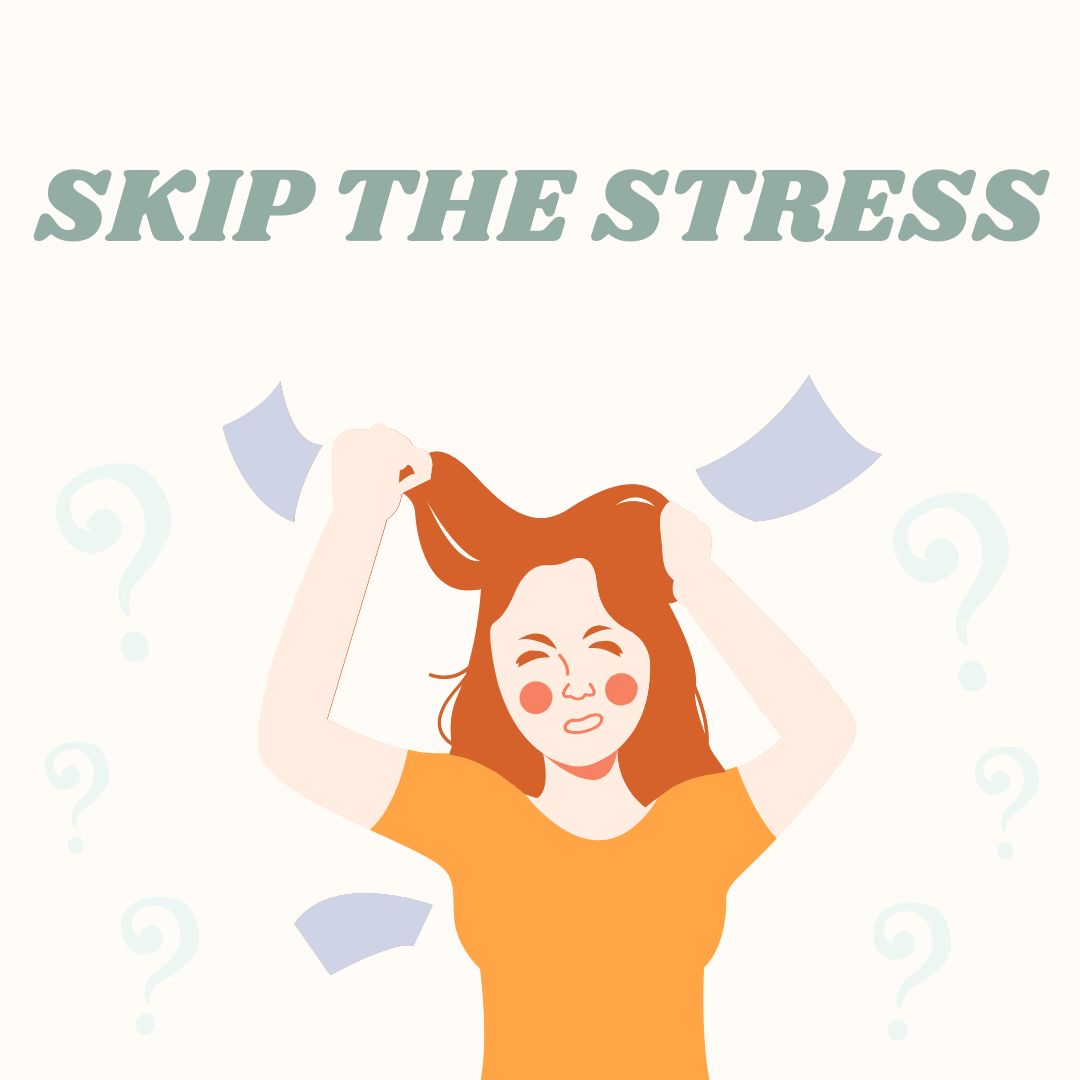
As Daylight Savings Time (DST) ends for the year, it’s time to reassess the effects of an hour difference on sleep disruption, health issues, carbon emissions and overall inconvenience.
Losing even an hour of sleep disrupts the body’s circadian rhythm, which regulates sleep-wake cycles. In turn, there are a “variety of cellular derangements”, including lower vagal tone resulting in higher heart rate, blood pressure, and stress, according to an American Academy of Sleep Medicine position statement
Although the United States gains an hour in the fall, this isn’t that much of a benefit. In a study published in the Journal of Sleep Research, participants did not fully benefit from the extra hour due to social commitments or body clock adjustment. As a result, this affects mood and cognitive performance negatively, which can lead to lower performance in school or work. To return to base again, people need to do unnecessary catch-ups.
The misalignment of internal clocks also leads to increased heart attack rates. Assistant professor and director of graduate studies in the Department of Agricultural and Resource Economics, Shinsuke Tanaka, found that heart attacks in Indiana increased by 27% during the two weeks following the spring transition to DST. This health alone risk can outweigh any potential benefits of DST.
In another dark reality, the results from both methods in a study published on nih.gov suggest that the sleep disruptions during the spring transition caused the suicide rate to rise by 6.25 and the death rate from suicide and substance abuse combined to increase by 6.59 percent directly after the time change. This suggests an alarming red flag that policymakers need to take into account when debating the continuation of DST.
First introduced in 1918, DST aimed to save on fuel costs during World War I by adding an extra hour of sunlight. However, WWI ended over 100 years ago and DST remains. In one of his multiple studies on the effects of DST, Tanaka has shown that during DST, energy consumption often increases since the extended daylight hours encourage people to run their air conditioners for longer periods, despite using less lighting. Additionally, people go out more, use their cars and raise carbon emissions. The purpose that once was is now canceled out by the energy wasted during DST.
When debating the continuation of outdated practices like DST, lawmakers need to reevaluate the present society and the effects DST has on sleep schedules, the brain, health and energy usage.






